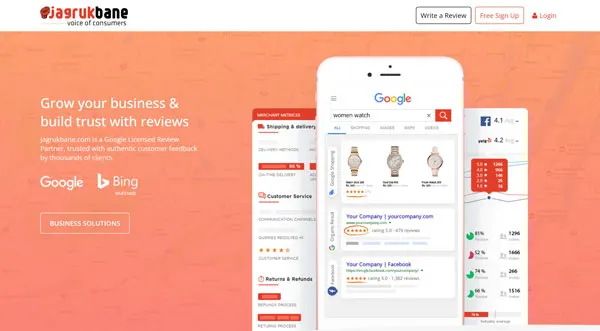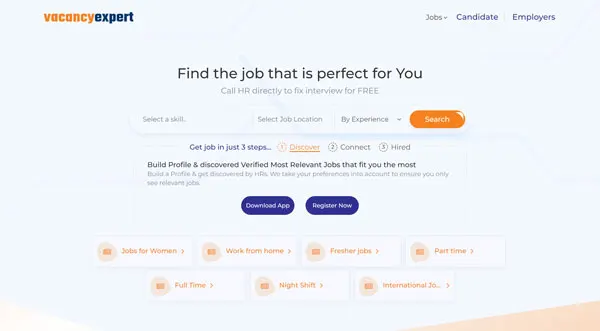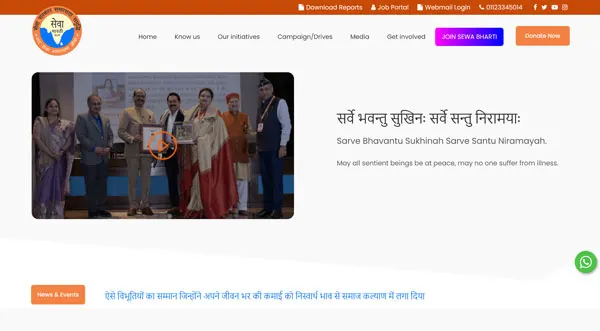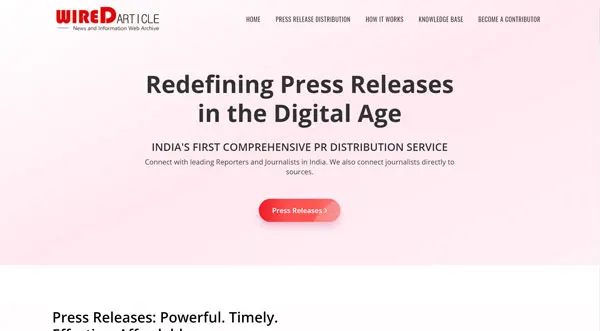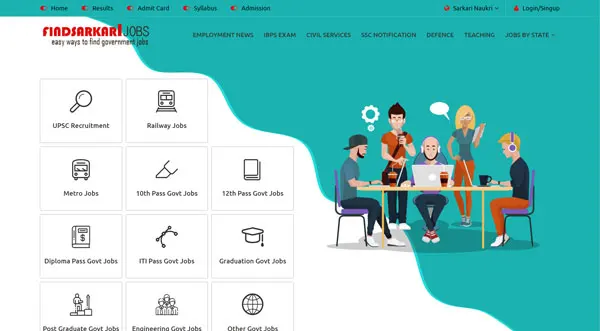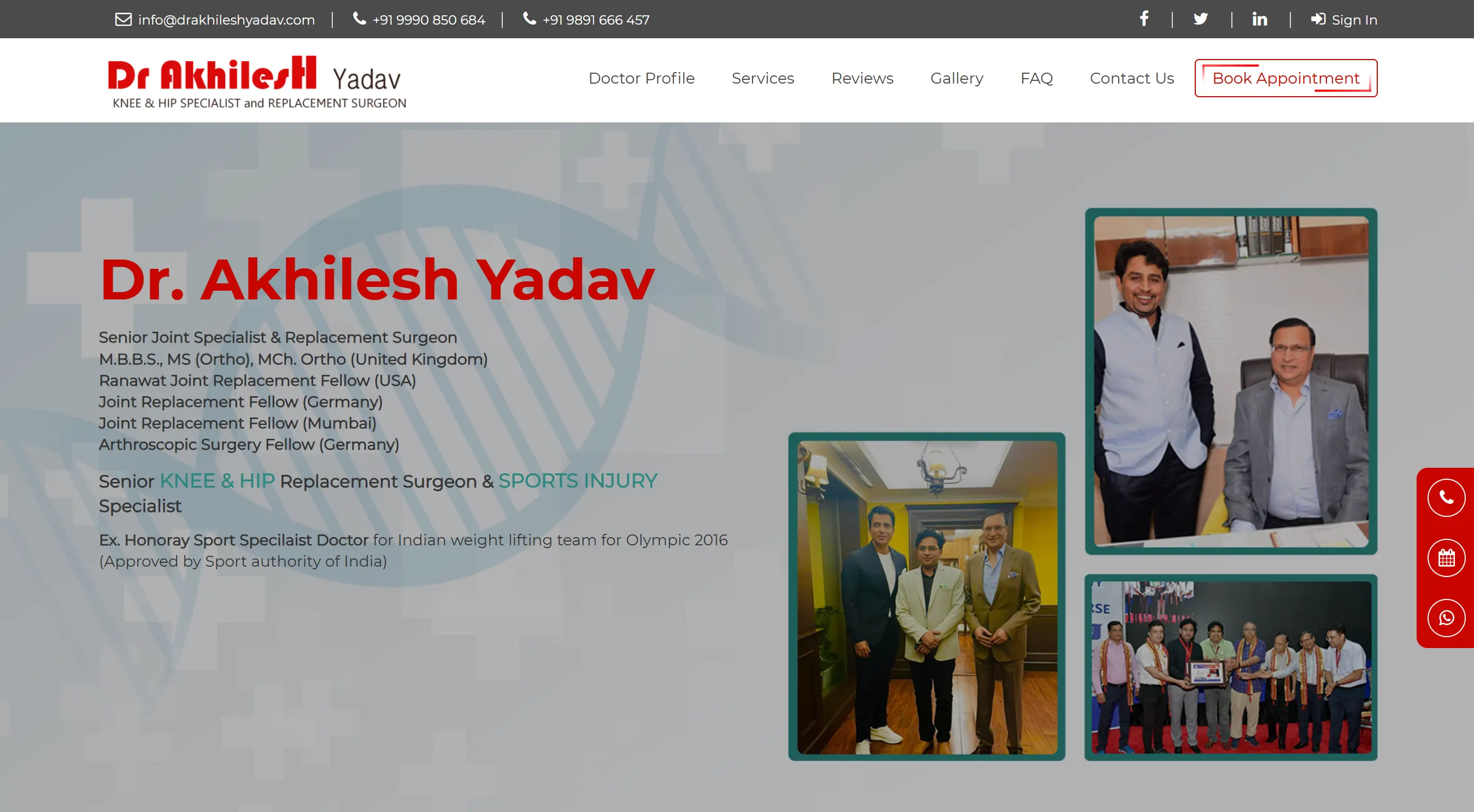


Best Drupal Web Development Solutions
Our Drupal designers engage themselves in system arrangements that present an obvious improvement over the opponents in terms of transactions and interest. We even offer Drupal theme services to add unique features to client business requirements. Also, our firm provides with Drupal website development solutions like Drupal theme development, Drupal migration, and Drupal support & maintenance. Apparently, our team comprises skilled Drupal developers and experienced E-commerce specialists who combine the skills and experience to craft engaging E-commerce websites. In addition, Drupal migration has become one of our core services and we implement only the proven techniques to perform the upgrade & migration work in a cost-effective manner.
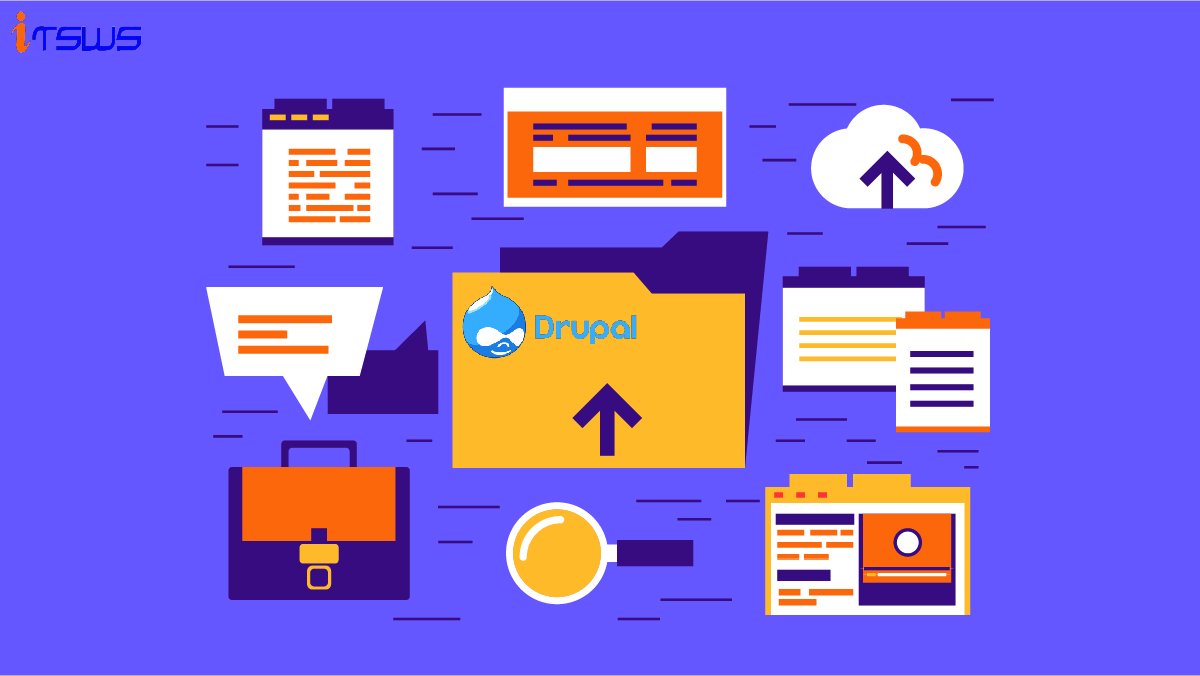
Why Choose ITSWS Technologies for Drupal Website Development Services
Here are some reasons why you can put your complete faith in ITSWS Technologies when it comes to your Drupal Website Development Services needs.
550+
Projects Deliver
50+
Skilled Professionals
350+
Satisfied Clients Worldwide
10+
Years of Experiences
96%
Repeat Business
32+
Customized product
Custom Drupal CMS Development Services
ITSWS Technologies Pvt. Ltd. offers a multitude of Drupal development functions to serve to clients with particular business requirements. Our powerful experience in building feature-rich, modular, scalable, and highly optimized websites for specific business needs ensures your project’s safety. Also, our team follows the best industry standards to meet the business requirements and goals to help you achieve the sales & revenue for your business operation. Thus, we provide proficiency in any type of Drupal website development services through our several years of experience in it. For this purpose, our developers update their knowledge and skills in required tools for developing the most innovative Drupal website.
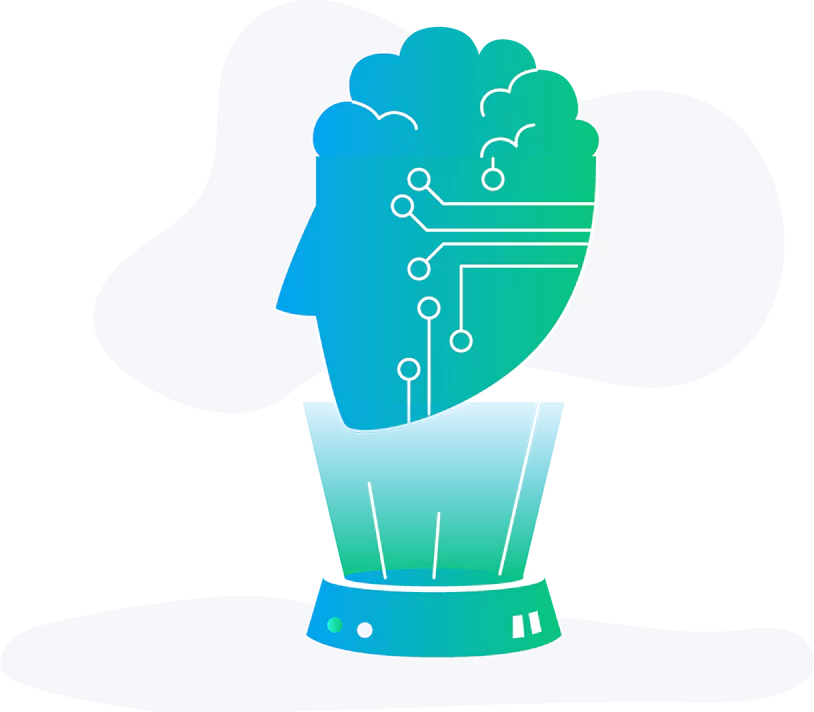




ITSWS charter is to make IT think, talk and perform like a business.


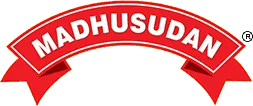














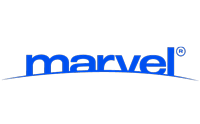






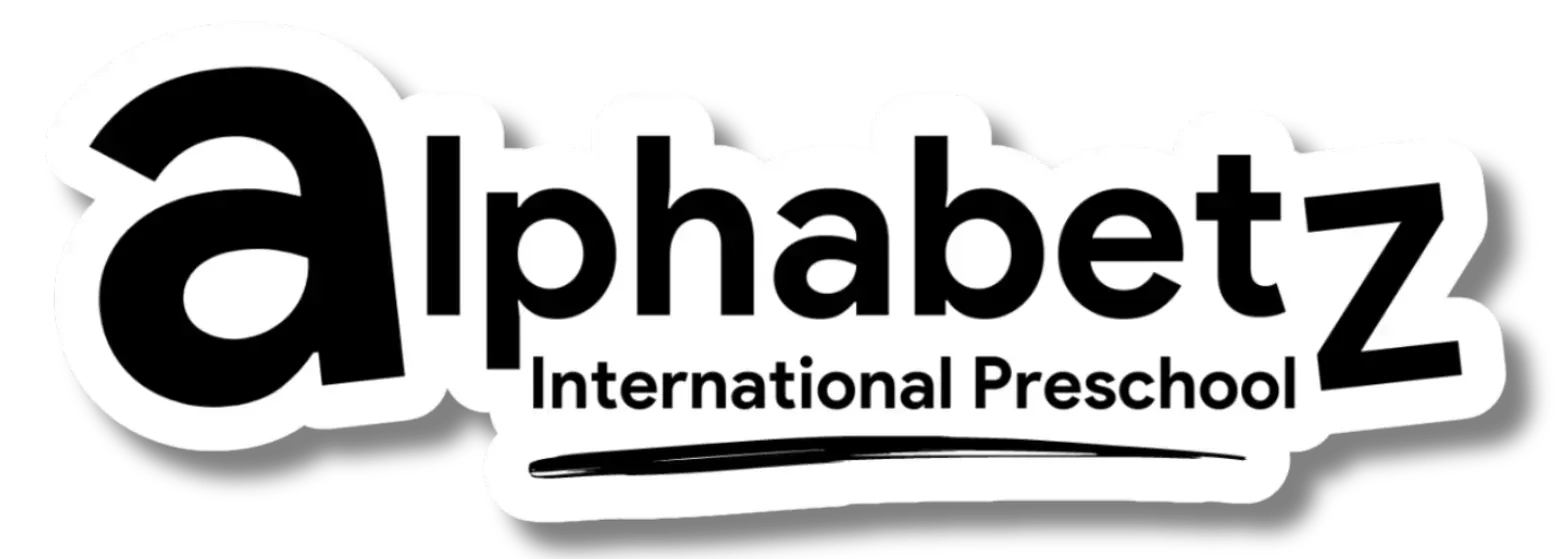




Clients Testimonials
Getting to WOW moments of clients who worked with us
Excellent work was done by the ITSWS Team
Excellent work was done by the ITSWS team. The team's approach was professional and the delivery was on time while getting the issues fixed within the budget. Thank you, guys!

Dr. Akhilesh Yadav, Senior Knee & Hip Specialist and Replacement Surgeon
The Centre for Knee & Hip CareThe right decisions
The ITSWS Technologies team goes above and beyond to ensure that our needs are met my requirement, and they are always willing to spend the extra time to make sure that we understand everything and that we are making the right decisions.

Omkar Arya, Managing Director
Fastep Multitrade PVT. LTD.Trustworthy and affordable team
Despite several complexities during the initial phase of the project, The team at ITSWS was always very accommodating to our requests and active in their replies. They were flexible and took initiative to suggest better designs for us and felt part of our team. Our website is finally something we can be proud of, thanks to ITSWS!

Roy, Founder & Managing Director
Roys Fashion Limited, BangkokAffordable and Reliable team
Digital agencies need to hand off the implementation of services to remain competitive. ITSWS has a reliable implementation team you can trust and afford.

Avinash Kumar, Director
CMYCK Ltd, LondonOutstanding professionals
Their SEO experts have helped our business generate a high amount of organic traffic & ROI from our primary focus keywords along with the consistent rankings on page one of Google. I surely recommend these outstanding professionals.

Ursula Teubert, Advisory Board Member
Endurance Management Consultancy,DubaiPixel perfect website development
I have been involved in a lot of different websites development projects over the years, but I have never had an experience quite like this. The team was amazing - both in terms of their ability/skills and their communication. A time, on spec website development project, is almost unheard of - but ITSWS pulled it off! I couldn't be happier and will definitely use them again in the future!

Vikas Gupta, Partner
Aswaar Consulting DMCC, DubaiUnwavering commitment to timelines
Itsws Technologies is the best web development organization, developing my website very professional and attractive. The development is really very professional and dedicated, they never left any point during developing the website. Thanks to ITSWS team, our site make a good position in the google search, without the professional and dedicated team it was not possible. They are the great guys to develop the best website.

Mr. Shyam Chandra Pandey, CEO & Co-Founder
Gangotrishakti Food Care Pvt. Ltd.Android Mobile Apps
To provide best software solution with on-demand service, we have taken services from ITSWS Technologies about our company online mobile application. The organization is the best with their commitment and excellent team. They are always willing to go the extra mile, never compromise on quality work, and patiently guide and educate every user. They are providing support properly any time. We are really happy with them

Mr. Shan Dhingra, Head of Business Development
Bosch IndiaA design that is personalized, warm and easy to browse
Our online business portal designed and developed by ITSWS Technologies, they provide me best look site with responsive support. We at, Agrawal Packers Movers avail the website various service from ITSWS, with excellent team response and support. They are excellent and always willing to go the extra mile support, never compromise on quality, and patiently guide and educate every user. Great support by the organization...
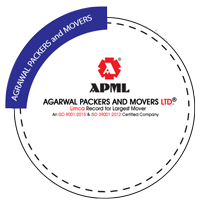
Mr. Ram Kumar, Digital Strategist
Agarwal Packers & Movers LtdExtremely Professional Work
We are very happy with the design and layout of our website. ITSWS worked with us for over 2 months on our website...
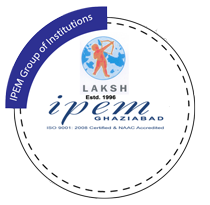
Mr. Rishi Pal Singh Tomar, MCA Director
IPEM Group of InstitutionsLatest Drupal Website Development Services Articles
Drupal Website Development Services, Insights and up-to-date knowledge from us, to you.
The importance of a website for an online business is the way to grow your business with the various features, brands value with good quality services.
Learn about the various types of software application, software in many forms such as computer program or an application that is a set of instructions, data, or programs.
Website development costs in India are influenced by various factors, including the type of website, design complexity, features, and ongoing maintenance.
Our comprehensive range of web development services is designed to meet the unique needs of each client, ensuring a strong and impactful online presence. ITSWS Technologies is dedicated to helping businesses in Singapore establish a strong and impactful online presence through our comprehensive web development services.
ITSWS Technologies is committed to helping businesses in Singapore harness the power of technology to drive growth and achieve their goals. Whether you need custom software development, web or mobile applications, e-commerce solutions, or cloud services, our team has the expertise and dedication to deliver results that exceed your expectations.
Itsws Technologies is one of the best software development company in Singapore, take care the clients need and provide them best application according to their need at the best price.
We'd love to talk with you
Congratulations! You have landed safely on the land of ITSWS Technologies.
Trust, it's a 'beginning of Long Term Relationship with ITSWS Technologies '. Let's work, enjoy and succeed together 
if you are looking for:

Web Development Solutions within agreed timelines.

Result Driven Brand Building Digitally

Customized e-commerce solutions. The exceptional

Drive Right Leads from the Right Audience
100% Guaranteed SEO Results

60 minutes support post project delivery.







